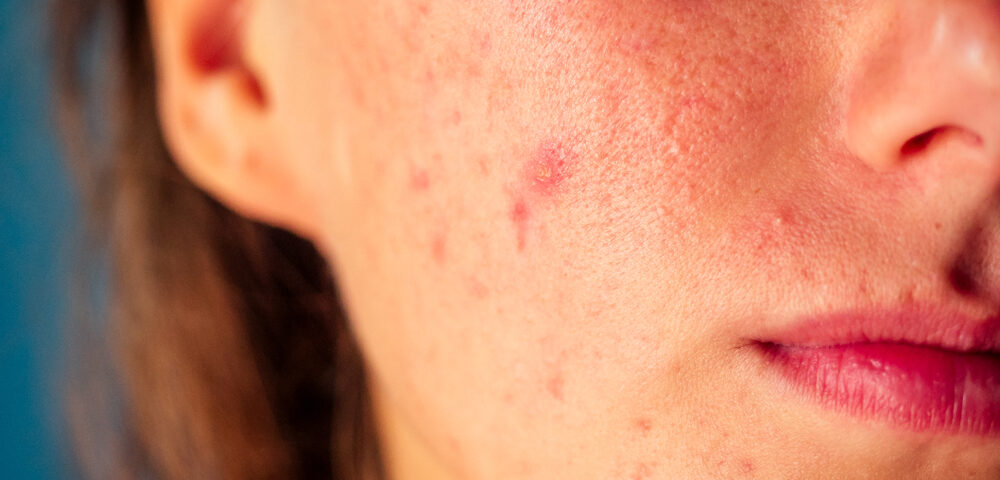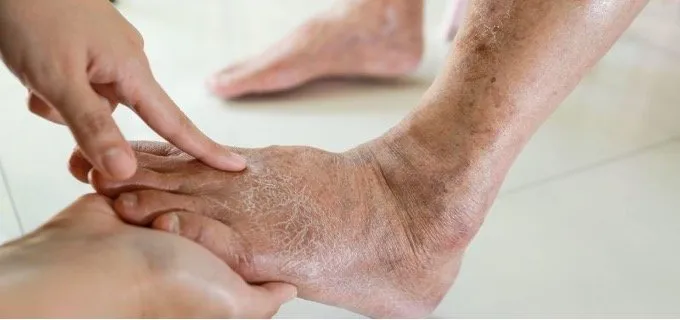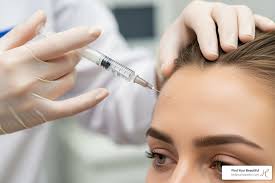
What To Do About Pelvic Pain in Women
September 16, 2025
How To Tell if Your Child Has Vision Issues
September 16, 2025Dermatology focuses on caring for and treating the skin, hair, and nails. Skin health is a common concern for many people, as skin often reflects both internal well-being and external factors. Acne scars may last long after breakouts are gone, but dermatologists work with patients to explore effective therapies that support healthy-looking skin. Here are some ways to remove acne scars:
Causes of Acne Scars
Acne scars form as a result of the body’s natural healing process following inflamed acne lesions such as pimples, cysts, or nodules. When pores become clogged with oil or dead skin, it causes swelling and inflammation. This can damage the walls of the follicle, and the body produces collagen to repair the area. The way scars form depends on factors like overall skin health, the type and duration of acne, and how the skin responds to injury.
There are several types of acne scars. Atrophic scars, including ice pick, boxcar, and rolling scars, develop when there is a loss of tissue. Ice pick scars are narrow and deep, while boxcar scars have sharp edges and are more oval or round. Rolling scars create an uneven, wavy appearance due to their sloping edges.
Sometimes, the body produces an excess of collagen during healing. This leads to hypertrophic or keloid scars, which are raised and more likely to occur on areas like the chest, back, or jawline. Keloid scars may extend beyond the original area of injury, while hypertrophic scars usually remain within the boundaries of the initial wound.
Options for Treatment
Professional dermatology practices provide a variety of options to address acne scars. The right approach depends on the type, location, and severity of scarring, as well as your skin characteristics. Dermatologists examine the skin and categorize the types of scars present to develop a personalized treatment plan. Some treatment options include:
- Laser therapy: This uses precisely directed light to either resurface the outer layers of skin or stimulate deeper collagen remodeling. Fractional CO2 lasers create tiny holes in the skin, prompting new collagen growth as the skin heals. This can help smooth both shallow and deep scars.
- Chemical peels: Medical-grade chemical peels induce controlled exfoliation of the top layers of the skin. These help reduce the look of mild surface scars or discoloration related to acne.
- Subcision: Subcision involves using a small needle to release fibrous bands that tether rolling or boxcar scars beneath the skin’s surface. By breaking these attachments, scars may become less pronounced.
- Microneedling: This minimally invasive treatment uses tiny needles to create small punctures in the skin. This triggers the natural healing response, encouraging the growth of new tissue and collagen.
Other options include dermabrasion, which removes damaged skin with a special sanding device, mini-excisions to surgically remove deep, isolated scars, and injectable fillers that temporarily plump up atrophic scars. Dermatologists may combine treatments to provide targeted short- and long-term results. Treatment plans can change over time to meet the evolving needs of your skin.
Benefits of Acne Scar Removal
Seeking professional therapies for acne scars can provide practical benefits, such as smoother skin, improved skin texture, and a more even complexion. Dermatologist-guided treatments enable a personalized approach. This verifies that the treatment is safe and suitable for an individual’s skin type and healing tendencies. While results vary, professional evaluation and tailored treatment plans help address scars in a structured and informed manner.
Visit a Dermatology Clinic Today
Acne scars are a frequent challenge, but many treatment options help manage their appearance. Scar type, skin tone, and medical history all influence treatment recommendations. Through a careful, individualized evaluation, your dermatologist can provide options tailored to your skin and goals. Contact a dermatology clinic and schedule a consultation today.





